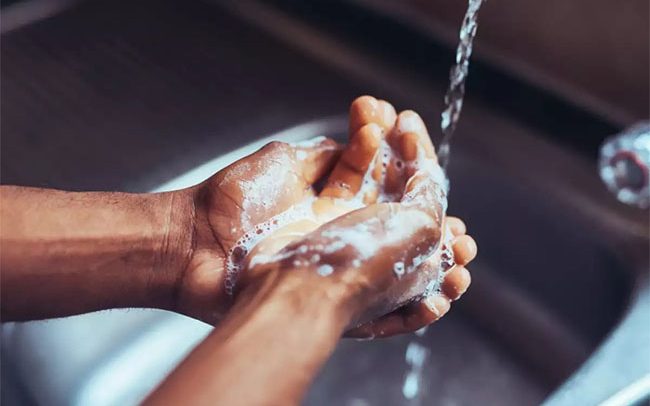WaterAid has urged global leaders to commit to new funding of at least $1.2 billion, to ensure all hospitals and clinics, particularly within the world’s poorest countries, have clean water, decent toilets and proper handwashing facilities.
It said, since the onset of Covid-19, rich countries have spent significant sums, an average of nearly 10% of their GDP, and a total of $20.6 trillion, on stimulus packages to help bolster their economies and to recover from the pandemic.
The international organization in a statement on World Health Day, said the sum needed, $1.2 billion, equates to just thirty minutes-worth of the past year’s spending adding that the investment would bring these vital frontline defences against future pandemics to all healthcare facilities in the poorest nations.
“Globally,1.8 billion people are at higher risk of Covid-19 and other infectious diseases because they use or work in a healthcare facility which lacks basic water services.
Providing doctors, nurses and patients with somewhere to clean their hands is one of the most effective ways to halt the spread of disease,” it said. “An essential injection of finance by the G20 would prevent millions of avoidable deaths through infections and diseases.”
WaterAid said not only has research shown that washing hands with soap helps reduce the spread of coronaviruses by one third but it would also help curb the growth of antimicrobial resistance as antibiotics are too often used in unclean health facilities as a ‘quick fix’ in place of proper hygiene.
According to the World Health Organization, investment of this nature would take just one year to pay for itself and produce savings for every dollar invested thereafter.
But an ever-growing debt crisis is preventing poorer countries from being able to invest into basic water services, with some countries paying billions of dollars in international debt service each year.
Zambia, for example, paid over $2 billion in 2019, a staggering 11% of its Gross National Income and have since defaulted on their payments. Pakistan paid a huge $11 billion in debt service in the same year – an amount which could pay for access to taps, toilets and handwashing facilities in hospitals across all of the least developed countries three times over.
Acting Country Director of WaterAid Ghana, Jesse Coffie Danku said, “We must find the money needed as a matter of urgency, to make sure all healthcare facilities in the poorest countries have clean water and soap before another pandemic hits.
If frontline health workers can’t wash their hands; keep patients clean; or have somewhere decent to go to the toilet, a hospital is not a hospital at all – it’s a breeding ground for disease.”
By Jamila Akweley Okertchiri

